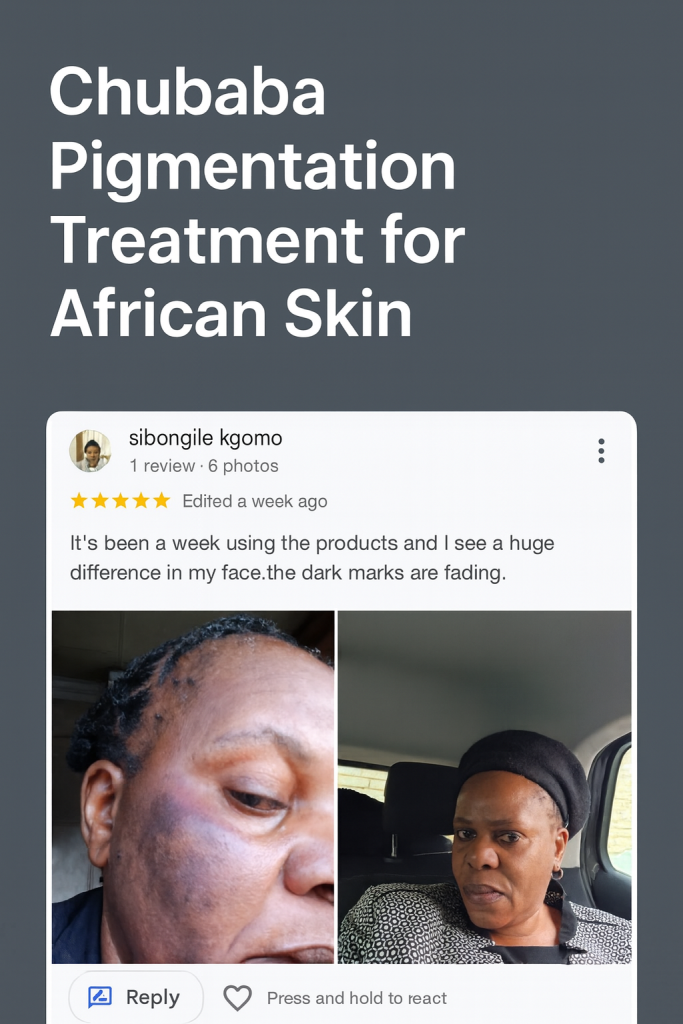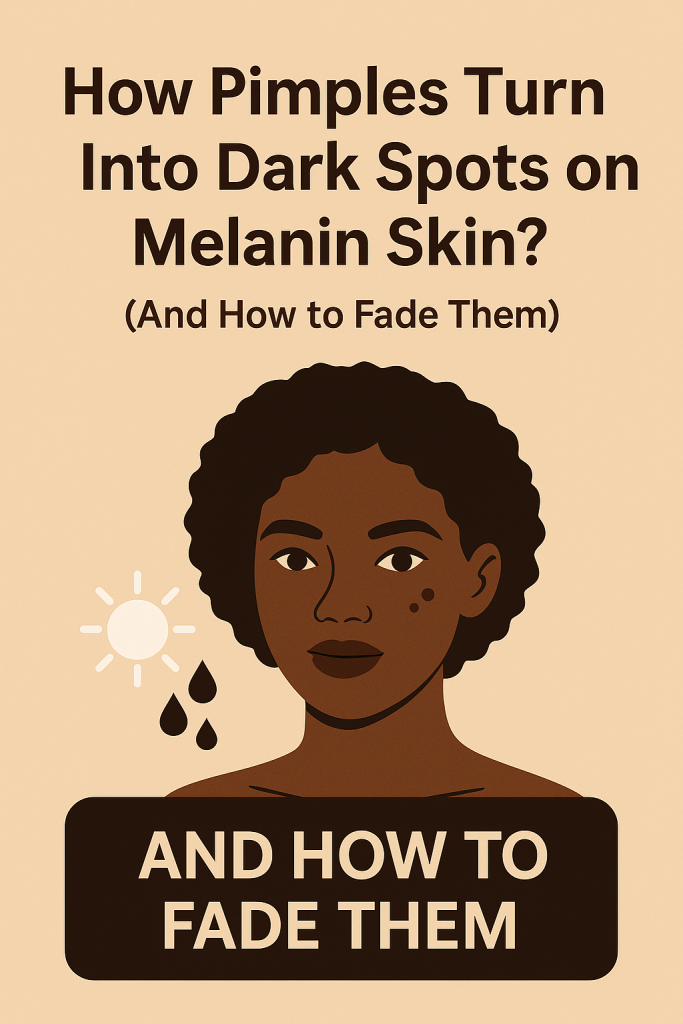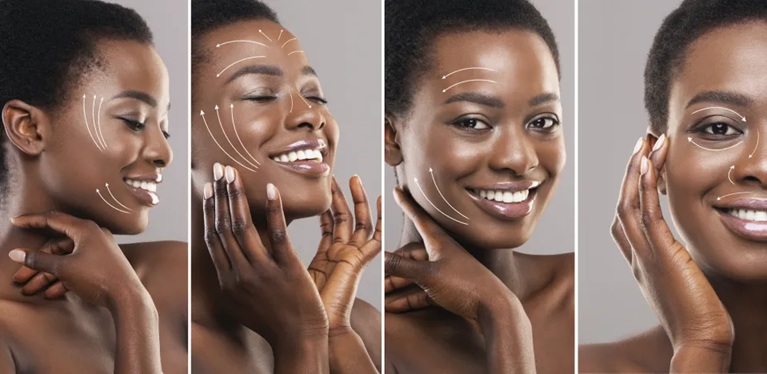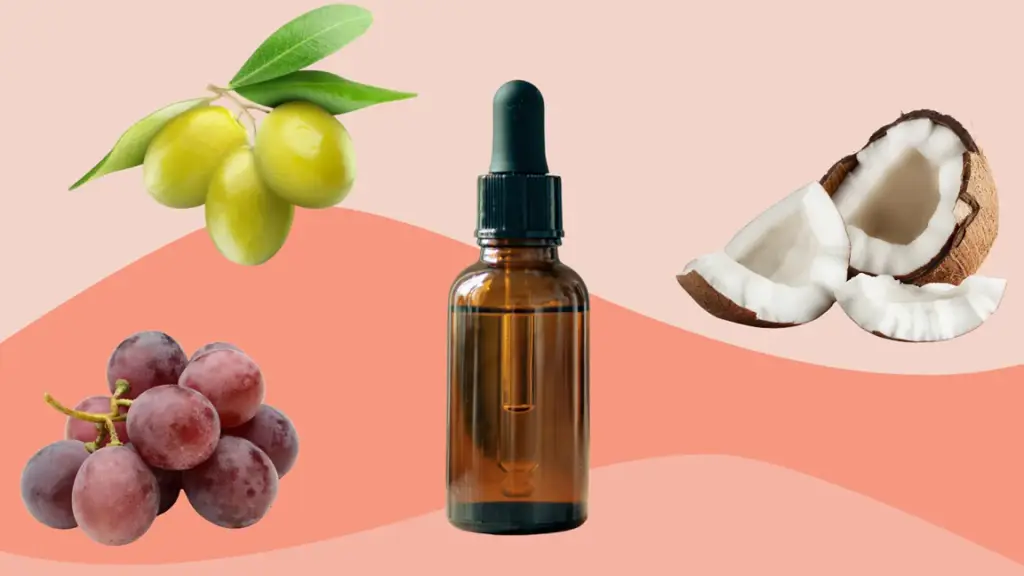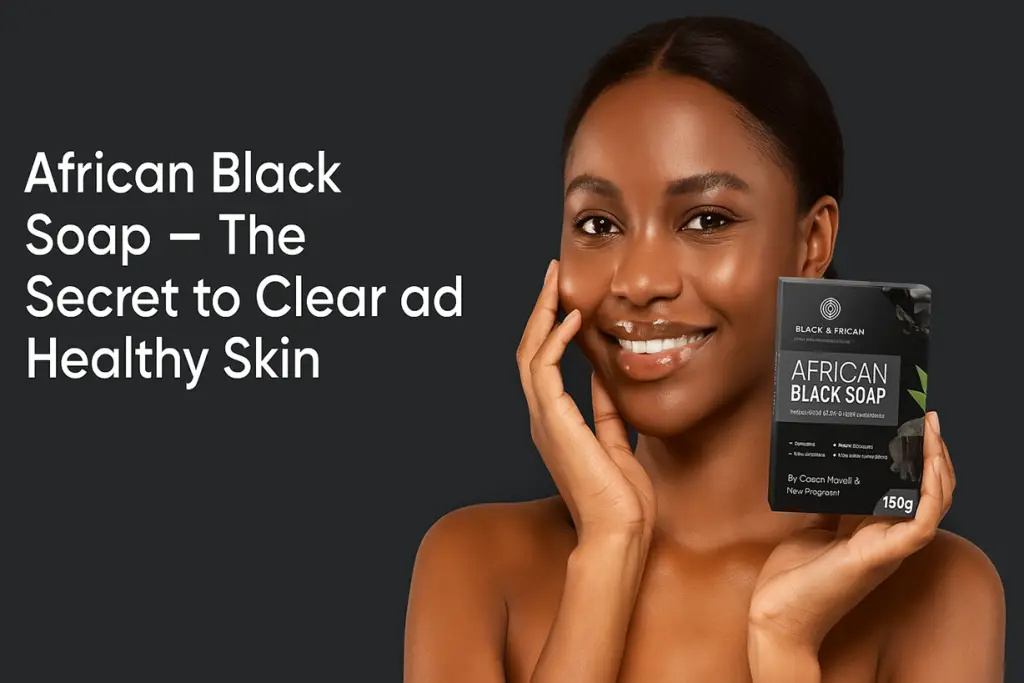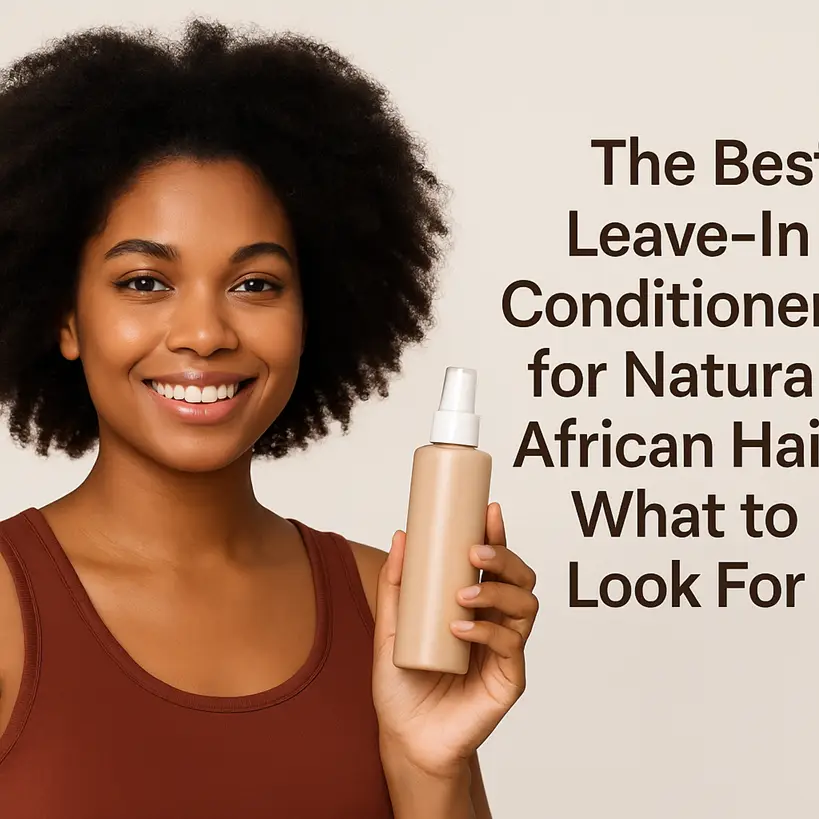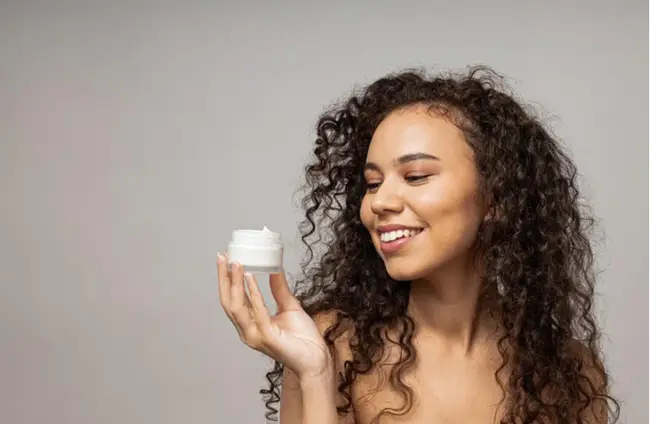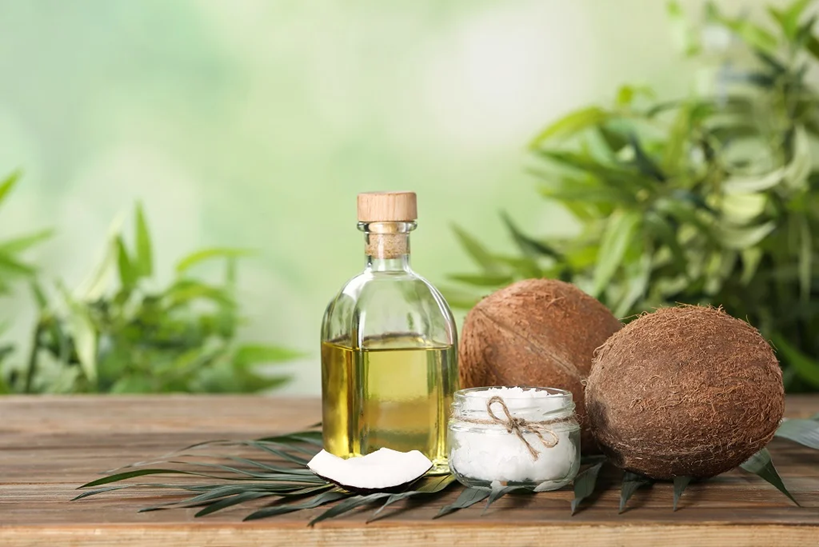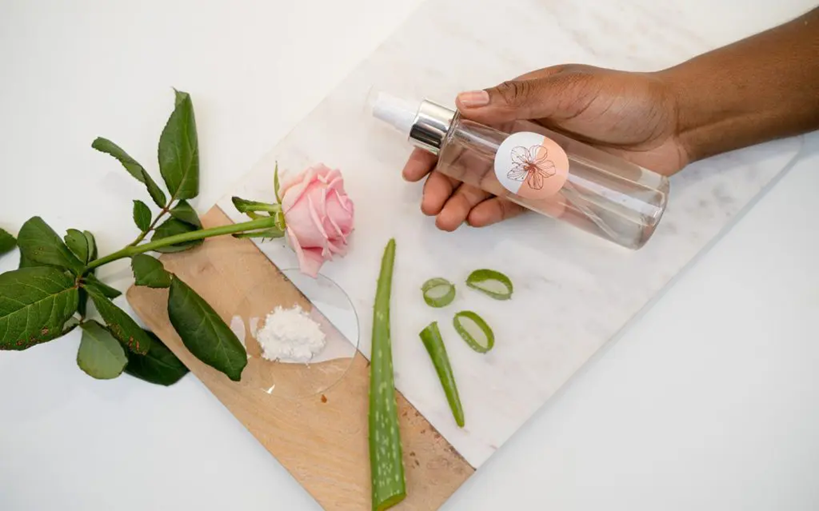
Blog
Best Natural Oils for African Hair Growth: What Really Works?
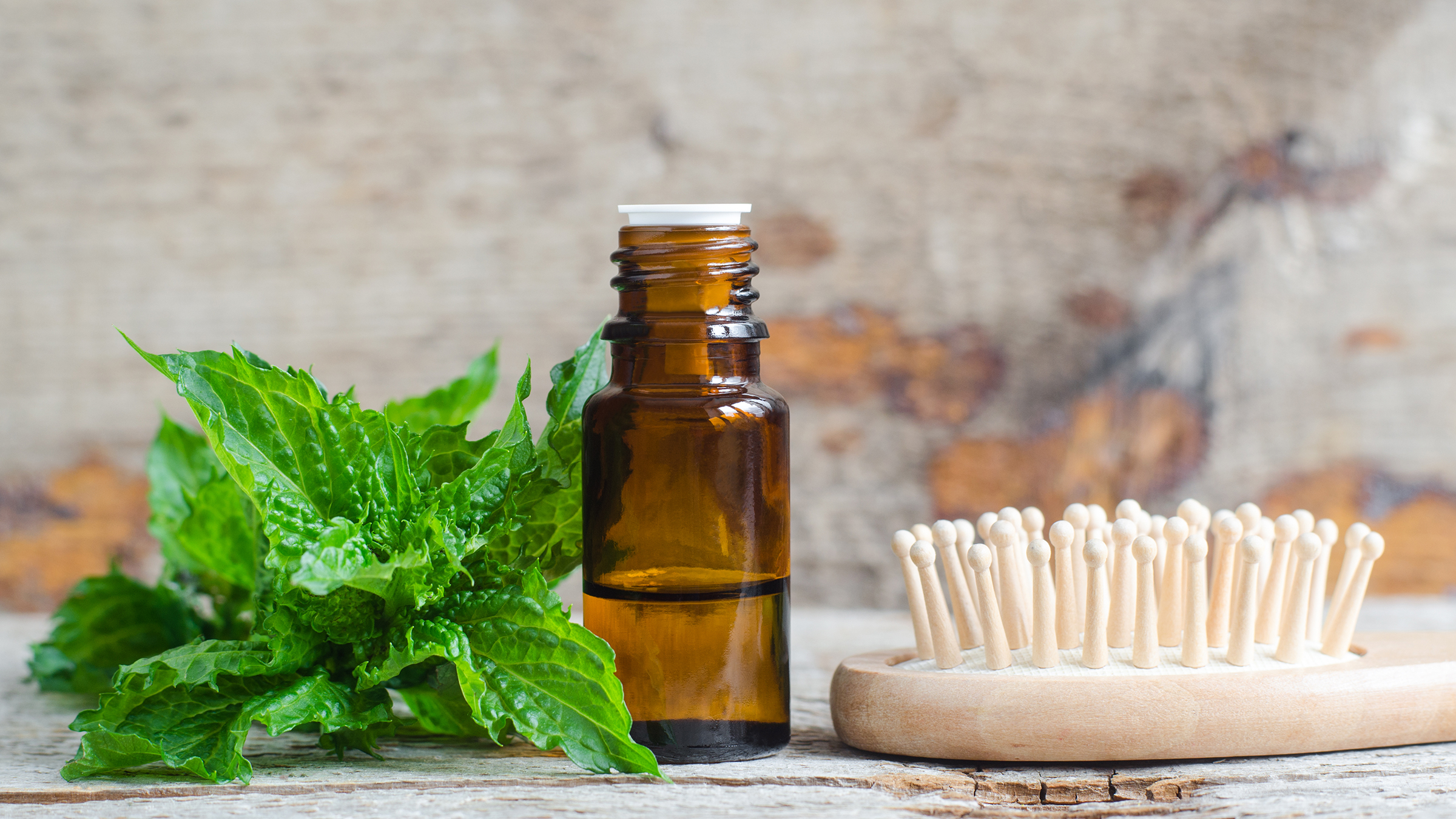
For African women in South Africa, natural hair isn’t just a style—it’s heritage, confidence, and beauty rooted in identity. But maintaining healthy, long hair can feel like a challenge when you’re dealing with dryness, breakage, and a harsh climate that robs your strands of moisture.
That’s where natural oils come in. They’re among the most powerful allies for hair growth, nourishment, and protection—especially for the unique texture of African hair. The key is knowing which oils truly deliver results and how to use them effectively.
In this guide, we explore the best natural oils for African hair growth in South Africa, explain how they work, and share science-backed insights and practical tips for achieving strong, healthy, and beautiful hair—naturally.
Why African Hair Needs Special Care
African hair has a unique structure. Its tight curls and coils are gorgeous but also more prone to dryness because the scalp’s natural oils (sebum) can’t easily travel down the hair shaft. That makes moisture retention the biggest challenge—and the biggest opportunity for growth.
For women in South Africa, additional factors such as sun exposure, dry inland air, and frequent styling (braids, weaves, or relaxers) can further weaken strands. That’s why using natural oils tailored to African hair is essential—they lock in hydration, strengthen the hair cuticle, reduce breakage, and promote a healthier scalp environment for consistent growth.
1. Castor Oil (Including Jamaican Black Castor Oil)

Why It Works
Castor oil is a holy-grail product for African women seeking thicker hair. It’s rich in ricinoleic acid, a fatty acid that helps increase circulation to the scalp, nourish follicles, and prevent dryness.
How to Use It
- Warm a small amount between your palms and massage it into your scalp 3–4 times a week.
- For thick edges or thinning areas, apply it nightly and cover with a satin scarf.
- Mix with lighter oils like olive or jojoba to reduce stickiness.
Tip: Choose cold-pressed or Jamaican Black Castor Oil for best results—it’s especially loved by South African women for regrowing edges and maintaining moisture during protective styling.
2. Coconut Oil
Why It Works
Coconut oil penetrates the hair shaft, protecting it from protein loss and strengthening it from within. It’s one of the few oils that truly enter the hair cortex, not just coat it.
How to Use It
- Apply as a pre-shampoo (pre-poo) treatment: leave on for 30–60 minutes before washing.
- Add a teaspoon to your conditioner for deep moisture.
- Avoid daily use if your hair is low-porosity—it may feel greasy or stiff.
Perfect for: High humidity or coastal areas in South Africa where lightweight oils help manage frizz without heaviness.
3. Olive Oil
Why It Works
Extra virgin olive oil is a staple for moisture and shine. Packed with oleic acid and antioxidants, it softens dry strands and improves manageability.
How to Use It
- Warm slightly and use it for hot oil treatments once every two weeks.
- Combine with rosemary essential oil to improve scalp circulation.
- Use as the “O” step in your LOC or LCO routine for lasting softness.
Perfect for: Medium to high-porosity hair that needs slip and shine after heat or color treatments.
4. Jojoba Oil
Why It Works
Jojoba oil closely mimics natural sebum, making it perfect for scalp balance. It’s lightweight, non-greasy, and helps regulate oil production.
How to Use It
- Massage into the scalp after shampooing to restore balance.
- Add a few drops to your daily moisturizer or leave-in conditioner.
- Ideal for mixing with heavier oils like castor for a scalp-friendly blend.
Perfect for: South African climates where alternating between dry and humid air causes scalp irritation or flakiness.
5. Argan Oil
Why It Works
Known as “liquid gold,” argan oil is rich in vitamin E and essential fatty acids that protect against breakage and environmental stress. It smooths the hair cuticle, leaving it glossy and frizz-free.
How to Use It
- Apply 2–3 drops after styling to seal moisture.
- Use it as a finishing oil for twist-outs or braid-outs.
- Add a few drops to your shampoo for extra softness.
Perfect for: African women who frequently style their hair with heat or wear protective styles.
6. Baobab Oil (Proudly African)
Why It Works
Derived from Africa’s iconic baobab tree, this oil is packed with vitamins A, D, E, and F, and is known for improving elasticity and moisture retention. It’s lightweight yet deeply nourishing—ideal for the unique texture of African hair.
How to Use It
- Mix with olive or jojoba oil for a daily scalp serum.
- Apply to ends to prevent breakage.
- Add to conditioners or masks for extra hydration.
Perfect for: African women in South Africa who want a local, sustainable, and nutrient-rich oil for hair growth and scalp care.
7. Marula Oil
Why It Works
Marula oil, another Southern African gem, is lightweight and fast-absorbing but deeply moisturizing. It protects the hair from UV rays and adds softness without heaviness.
How to Use It
- Use 2–3 drops after wash day to add shine.
- Mix with shea butter for a silky hair butter.
- Great as a pre-styling oil before braids or twists.
Perfect for: Dry inland climates like Gauteng and Free State, where moisture retention is key.
8. Shea Butter (and Shea Oil)
Why It Works
Shea butter is an all-around protector. It’s rich in vitamins A and E, locking in moisture and forming a barrier against harsh environmental factors.
How to Use It
- Melt and mix with lighter oils for a whipped butter.
- Apply after leave-in conditioners to seal moisture.
- Focus on ends to prevent breakage and dryness.
Perfect for: African women with highly porous hair or those in windy, dry regions of South Africa.
9. Black Seed Oil (Nigella Sativa)
Why It Works
This powerful oil has natural antifungal and antibacterial properties, making it excellent for maintaining a healthy scalp. It reduces dandruff, soothes irritation, and supports a cleaner environment for follicles.
How to Use It
- Mix 1 part black seed oil with 3 parts carrier oil (like jojoba).
- Massage into the scalp 2–3 times weekly.
- Wash regularly to avoid buildup.
Perfect for: Women who wear wigs or braids frequently and need extra scalp care.
10. Mongongo Oil
Why It Works
Native to southern Africa, mongongo oil is loaded with linoleic acid, which protects hair from sun damage and heat styling. It’s also known to improve smoothness and prevent frizz.
How to Use It
- Apply before sun exposure to shield your hair.
- Mix with marula oil for outdoor protection.
- Use sparingly as a leave-in on damp hair.
Perfect for: Women living in sunny provinces like Limpopo or Northern Cape.
Where to Buy Quality Natural Oils in South Africa

Natural oils are widely available in South Africa, both online and in stores. When choosing oils for African hair, look for cold-pressed, unrefined, and 100% pure options to get the full benefits. Avoid synthetic blends or mineral oil fillers, which can dry out hair over time.
For premium-quality oils suited to the local climate and hair types, consider Black African. This South African company specializes in authentic oils and butters like shea, baobab, and black castor oil, all crafted for the moisture and growth needs of African hair.
Black African offers nationwide delivery, secure online shopping, and product bundles to help you build a complete natural hair routine. Whether you want to restore damage, improve scalp health, or enhance your texture, Black African provides locally made, ethically sourced products trusted by women across South Africa.
How to Combine Oils for Maximum Growth
You don’t need a shelf full of products to achieve healthy, flourishing hair — the key lies in smart oil combinations that target specific needs like moisture, scalp health, and shine. Try these simple, effective blends:
The Moisture Lock Blend
Ingredients:
- 1 tbsp olive oil
- 1 tbsp castor oil
- 1 tsp baobab oil
How to use:
Apply after washing and conditioning to seal in hydration and keep your hair soft for days. This blend helps reduce breakage and dryness, especially in textured or curly hair.
The Scalp Revival Serum
Ingredients:
- 2 tbsp jojoba oil
- 1 tsp black seed oil
- 4 drops rosemary essential oil
How to use:
Massage into your scalp three times a week to encourage circulation, strengthen roots, and promote healthy growth. Jojoba mimics natural scalp oils, while black seed and rosemary are known for stimulating follicles.
The Shine Boost Mix
Ingredients:
- 1 tbsp marula oil
- 1 tsp argan oil
- 3 drops vitamin E oil
How to use:
Apply sparingly to dry hair for instant softness and luminous shine. This lightweight formula tames frizz, smooths ends, and adds a glossy finish without weighing hair down.
Tips for South African Climates
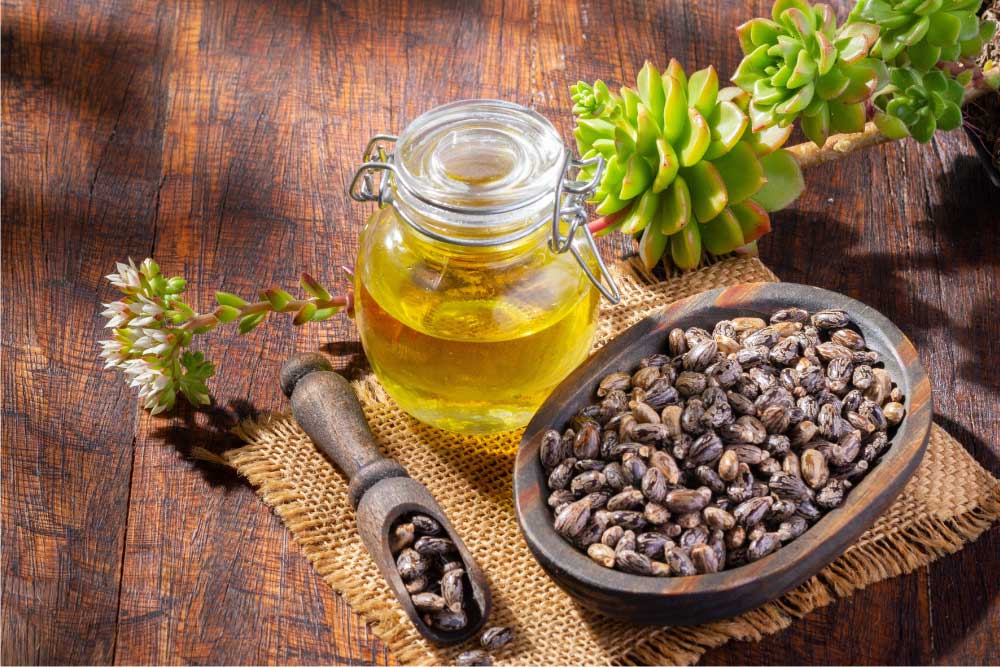
South Africa’s diverse climate means your hair care routine should adapt to your region’s conditions. Here’s how to keep your hair healthy and hydrated no matter where you live:
Dry, Cold Regions (Gauteng, Free State)
- Opt for heavier sealants like shea butter or castor oil to lock in moisture and prevent brittleness.
- Deep condition weekly to restore hydration lost from dry air and indoor heating.
Humid, Coastal Regions (Durban, Cape Town)
- Choose lighter oils such as marula or grapeseed to control frizz without weighing your hair down.
- Avoid product buildup—excess oils and butters can attract dirt and moisture from the air, leaving hair sticky.
Hot, Sunny Areas (Limpopo, Northern Cape)
- Apply mongongo or baobab oil before sun exposure to protect strands from UV damage and dryness.
- Use hats or wraps when outdoors to shield hair from harsh sunlight and heat.
How to Choose the Right Oil for Your Hair Type
African women’s hair varies widely—from tight 4C coils to softer 3B curls—so choosing the right oil is key to seeing real growth results.
| Hair Type | Best Oils | Why It Works |
|---|---|---|
| 4C Coily Hair | Castor, Shea, Olive | Deep moisture and sealing power |
| 4A–4B Hair | Baobab, Marula, Jojoba | Lightweight hydration without buildup |
| 3C–3B Curly Hair | Coconut, Argan, Mongongo | Adds shine and prevents frizz |
| Relaxed or Heat-Treated Hair | Olive, Argan, Black Seed | Strengthens and repairs damage |
If you’re unsure, start with a lightweight oil like jojoba or baobab for daily moisture, and use heavier oils like castor or shea for sealing after wash day.
For best results:
- Always apply oils to damp, not dry hair, to lock in moisture.
- Rotate oils seasonally—heavier ones in winter, lighter in summer.
- Store oils in a cool, dark place to maintain freshness.
Common Mistakes to Avoid
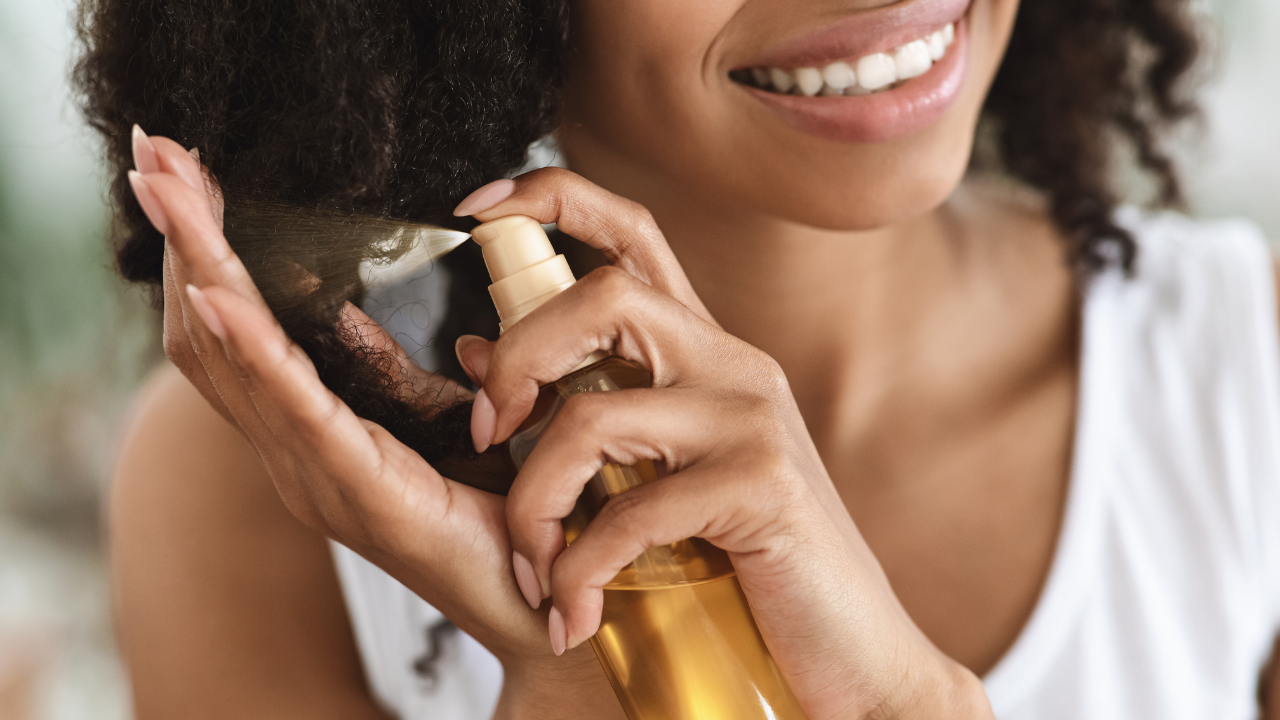
Even the best oils can fall short if they’re not used correctly. To get the most out of your hair growth routine, avoid these common missteps:
- Using too much oil – More isn’t always better. Overapplying oils can clog pores, weigh down strands, and make hair look greasy instead of glossy.
- Skipping hydration – Oils don’t add moisture; they seal it in. Always start with damp hair or apply a leave-in conditioner before sealing with oil.
- Ignoring scalp care – A clean, healthy scalp is the foundation for strong growth. Regular scalp massages and gentle cleansing keep follicles active and balanced.
- Not clarifying – Product buildup can block moisture and nutrients. Use a gentle clarifying shampoo every few weeks to reset your scalp and hair.
FAQs
Which natural oils best stimulate hair growth?
Oils like peppermint oil, tea tree oil, and lavender oil help stimulate hair growth by improving blood circulation around the hair follicles. Their anti-inflammatory properties also soothe the hair and scalp, preventing skin irritation, hair thinning, and hair loss while promoting healthy hair growth naturally.
How does warm coconut oil help with damaged or brittle hair?
Applying warm coconut oil deeply nourishes damaged hair by reducing protein loss from the hair shaft. It hydrates textured hair, boosts hair elasticity, and supports overall hair health. Regular use helps repair brittle hair, making it softer, smoother, and stronger from root to tip.
Can sweet almond oil and avocado oil improve hair growth?
Yes — both sweet almond oil and avocado oil contain amino acids and vitamins that boost hair growth and hydrate hair strands. They help strengthen hair, protect against breakage, and restore shine for black hair, ensuring healthy hair growth and improved hair texture.
Are vegetable oils useful for maintaining healthy hair?
Some vegetable oils mimic natural oils produced by the scalp, helping to strengthen hair and prevent hair breakage. Regular use can improve hair growth and moisture balance, especially for fine hair or dry scalp, supporting increased hair growth and long-term hair health.
Conclusion
For African women in South Africa, healthy, thriving hair begins with choosing the right natural oils. Whether you prefer the richness of castor oil, the softness of marula, or the restorative power of baobab, each oil brings unique benefits when used consistently and correctly.
When paired with good hydration, gentle handling, and protective styling, these oils can transform your natural hair—making it softer, stronger, and more resilient against everyday stress.
Natural oils aren’t just products; they’re part of a heritage of self-care passed down through generations. And for South African women embracing their natural beauty, they remain one of the most effective—and empowering—paths to growth.

